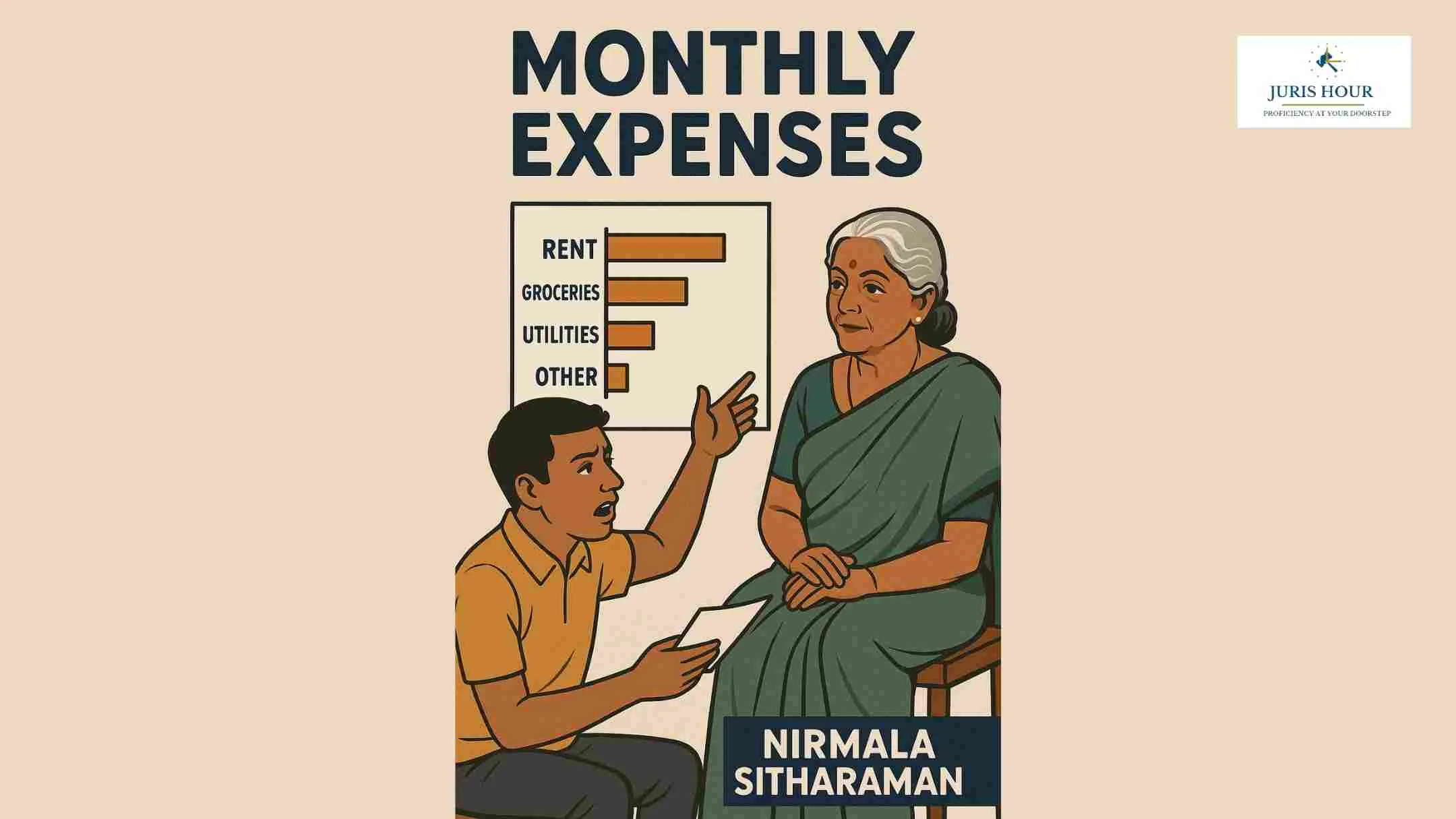The proposed Income-Tax Bill, 2025 introduces a significant change in the treatment of unexplained expenditure by replacing discretionary powers with a mandatory provision. Under the newly proposed Section 105, any expenditure for which the assessee fails to offer a satisfactory explanation regarding its source will automatically be deemed as income for that financial year—departing from the current position under Section 69C.
What Does the Current Law Say?
Under Section 69C of the Income Tax Act, 1961, when an assessee incurs an expenditure and:
- Fails to explain the source of the expenditure, or
- Provides an explanation that is not considered satisfactory by the Assessing Officer (AO),
then the AO may treat such expenditure as income of the assessee. This discretion has been upheld by the Supreme Court in the case of CIT v. Smt. P.K. Noorjahan (1999), where it was clarified that the AO must exercise this power judiciously, taking into account the facts and circumstances of each case.
What Is Proposed Under the New Law?
The Income-Tax Bill, 2025 seeks to replace Section 69C with Section 105, which reads:
“Where an assessee has incurred expenditure and either fails to offer an explanation about the source or the explanation is found to be unsatisfactory, the amount shall be deemed to be the income of the assessee for that tax year.”
Key Shift: From Discretionary to Mandatory
| Aspect | Current Law (Section 69C) | Proposed Law (Section 105) |
| Language Used | AO may treat amount as income | AO shall treat amount as income |
| Nature of Provision | Discretionary | Mandatory |
Under the new provision, once the conditions are met, the AO is compelled by law to treat the unexplained expenditure as income, removing the room for subjective judgment.
Clarifications Issued by the Ministry During Deliberations
Concerns were raised during committee discussions regarding the application of this provision. The Ministry of Finance provided the following clarifications:
Payments Made Through Bank Accounts
The Ministry clarified:
“If the payment is made through a disclosed bank account and the source of credit in that account is explained, no addition can be made under Clause 105. However, if the AO questions the creditworthiness of that source, the addition would instead be made under Clause 102, which corresponds to Section 69 of the existing law.”
Application to Entries Recorded in Books of Account
In response to suggestions that the provision should only apply to expenditures not recorded in the books of account, the Ministry responded:
“Whether or not the expenditure is recorded in the books, if the assessee fails to explain the source, it can be brought under Section 105. However, if the expenditure is recorded and the source is also in the books, the AO would typically invoke provisions such as Section 68 (unexplained credits) rather than treating it as unexplained expenditure under Section 105.”
This indicates that while the scope of the provision is technically broad, in practical terms, expenditures supported by identifiable book entries will usually be addressed under more specific provisions dealing with unexplained assets or credits.
Implications for Taxpayers
The amendment substantially tightens compliance norms. Under the new framework, failure to clearly establish the source of any expenditure will lead to a compulsory tax addition, regardless of context or surrounding facts. Taxpayers will now need to maintain stronger documentation and evidence for all significant outflows, whether or not recorded in books.
The change is part of a broader effort by the government to curb tax evasion and ensure that all financial activity is properly accounted for.
The Income-Tax Bill, 2025, is currently under scrutiny and may undergo further changes. However, if passed in its present form, Section 105 could reshape how unexplained expenditure is treated across the board.
Read More: AP High Court Stays Rs 5.5 Crore GST Demand Citing Limitation Lapse

